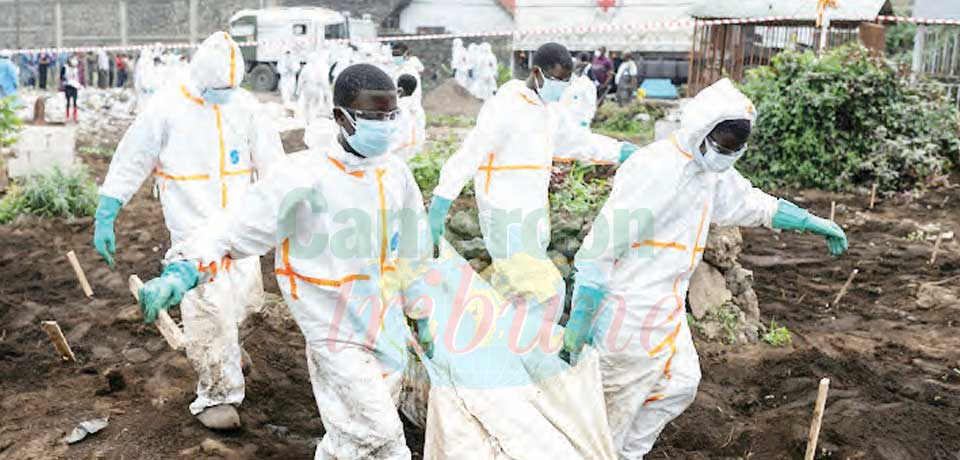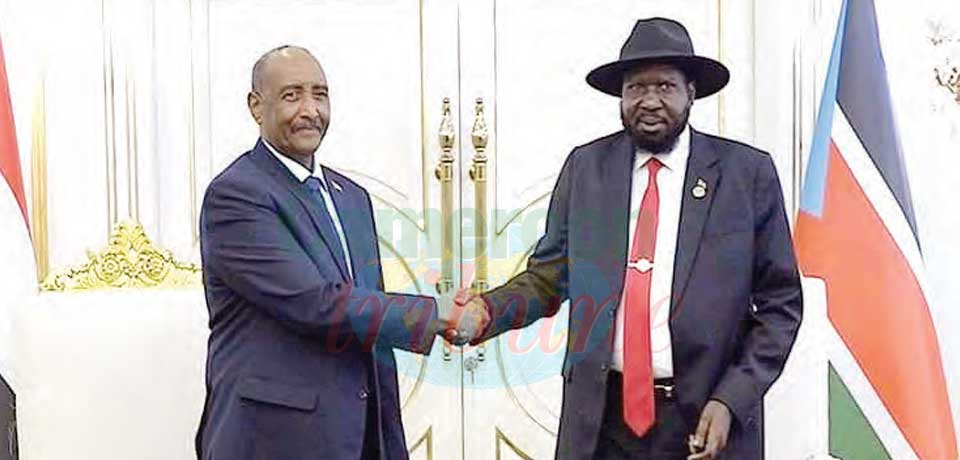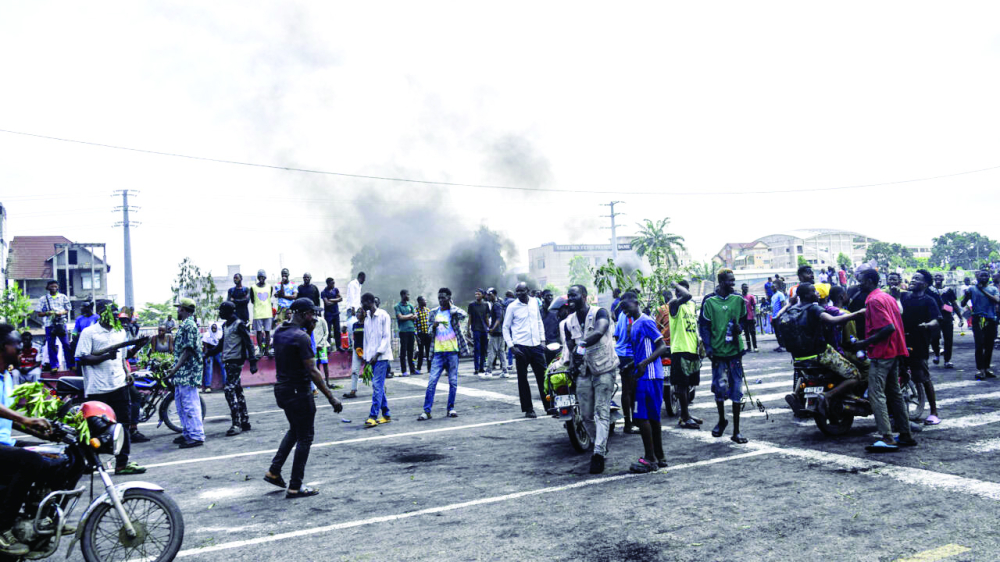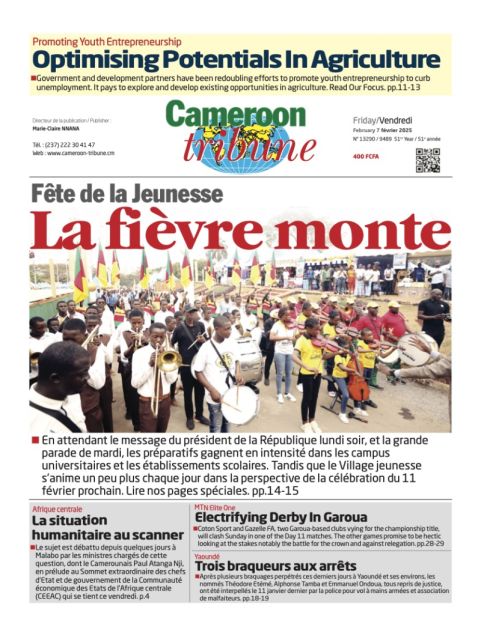Interview : “Warring Factions Do Get Enormous Foreign Supplies”
- Par Eldickson Agbortogo
- 27 janv. 2025 16:31
- 0 Likes

Dr Tarh Humphrey Ntantang, Political Economist, Researcher and Founder of Ntantang Center for Research and Consultation, Yaounde.
What in your opinion is retarding peace talks in Sudan?
Since April 2023, Sudan has been mired in a violent civil war pitting the Sudanese Armed Forces, led by General Abdel Fattah al-Burhan, and the Rapid Support Forces (RSF), commanded by General Mohamed Hamdan Dagalo. The origins of this conflict lie in the 2019 military coup that ended Omar al-Bashir’s 30-year autocratic rule. Although a transitional government was formed following the coup, Sudan reverted to military control in 2021, laying the groundwork for the current power struggle. One of the major reasons for the retard of peace talk is the quest for the former allies within the Military Council to control Sudan's vast resources, including its gold and oil reserves. The humanitarian situation is dire, with the United Nations (UN) reporting that over 25 million people, more than half of Sudan's population are in urgent need of aid. This has pushed millions towards displacement and starvation. Peace remains elusive, entrenched military interest, civilian division and complex regional dynamics continue to fuel the conflict. Peace talks between the head of the Sudanese Armed Forces Al Burhan and the Rapid Support Forces under General Mohamed Dagalo in May 23, 2024 organized by the US and Saudi Arabia failed following the failure of both sides to implement an agreed declaration that was reached in Jeddah « The Jeddah Declaration ». The US, Saudi Arabia and Switzerland convened another meeting in Geneva to initiate fresh talks in August 2024, that included Egypt, United Arab Emirate and the African Union. The RSF sent a delegation to the talks, but SAF did not send any after demanding that the RSF should go to cantonment side before any talks.
The US has embarked on the imposition of sanctions on the two leaders. What impact can the decision have on the crisis?
The recent decision by the United States to impose sanctions on the two warring leaders is not new. The sanctions include the freezing of asserts of the two leaders and their collaborators on the list in the US and ally countries. Block of any US transactions with them and their families, travel ban to and from the United Sates. This may complicate the Sudanese crisis and hinder negotiations to address the root courses of the conflict. Experience has shown that, whenever sanctions are imposed on warring leaders or stakeholders, they device other methods to keep them going. Imposing sanctions on Mohamed Hamdan Dagalo, Commander of the paramilitary Rapid Support Forces, after formally declaring that he has committed genocide during the country’s ongoing civil war and on General Abdul Fatah Al Burhan, who heads Sudanese Armed Forces (accused of preferring war to negotiations, involved in torure) is a good step but not enough to create any great impact. This is because all the two warring factions do get enormous foreign supplies of arms, food and other items from countries that we all know. If these countries can stop supporting the warring factions, then the international sanctions might have an impact.
What are the chances of peace and return to civilian rule?
Cet article complet est réservé aux abonnés
Déjà abonné ? Identifiez-vous >
Accédez en illimité à Cameroon Tribune Digital à partir de 26250 FCFA
Je M'abonne1 minute suffit pour vous abonner à Cameroon Tribune Digital !
- Votre numéro spécial cameroon-tribune en version numérique
- Des encarts
- Des appels d'offres exclusives
- D'avant-première (accès 24h avant la publication)
- Des éditions consultables sur tous supports (smartphone, tablettes, PC)















Commentaires